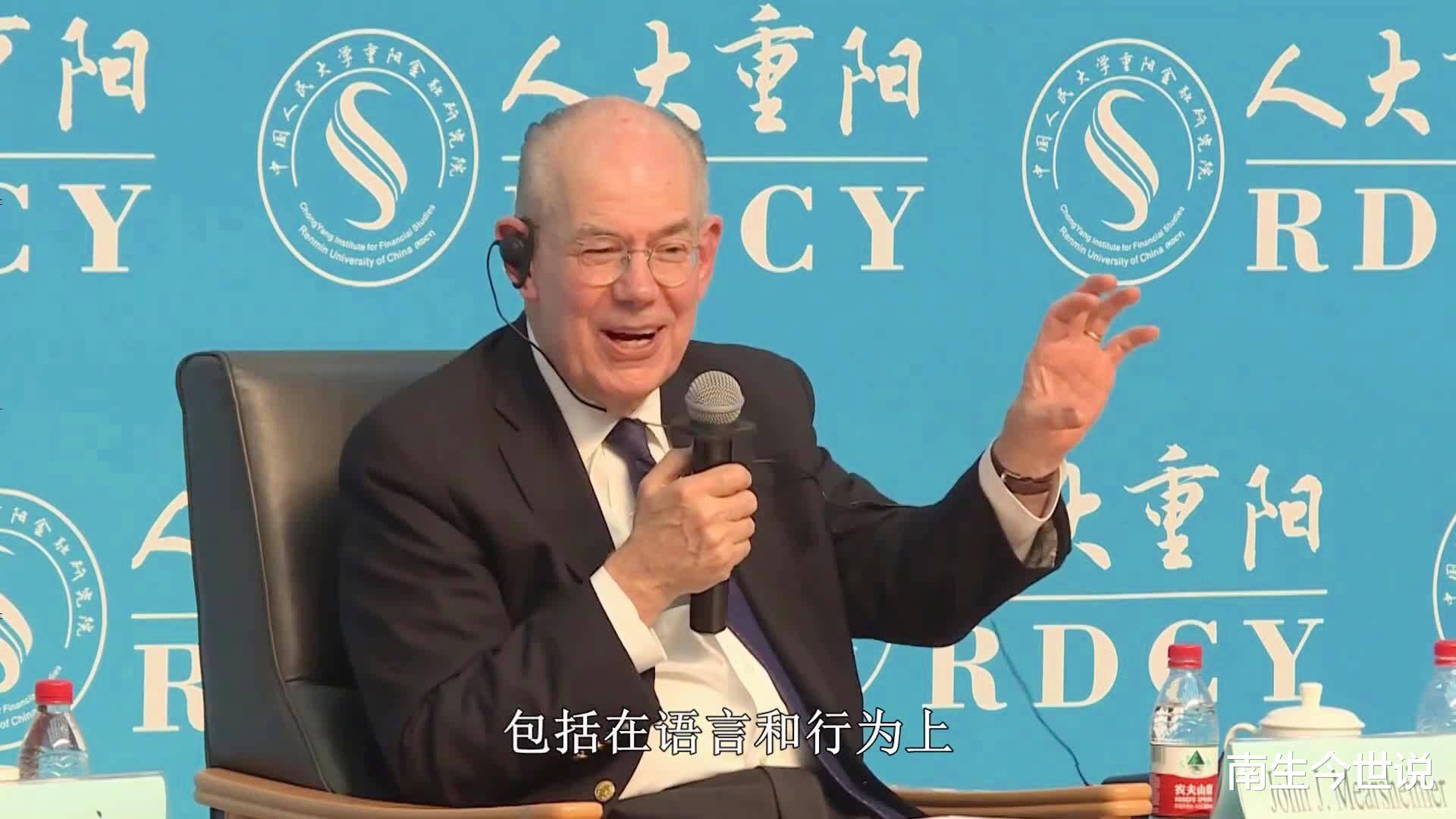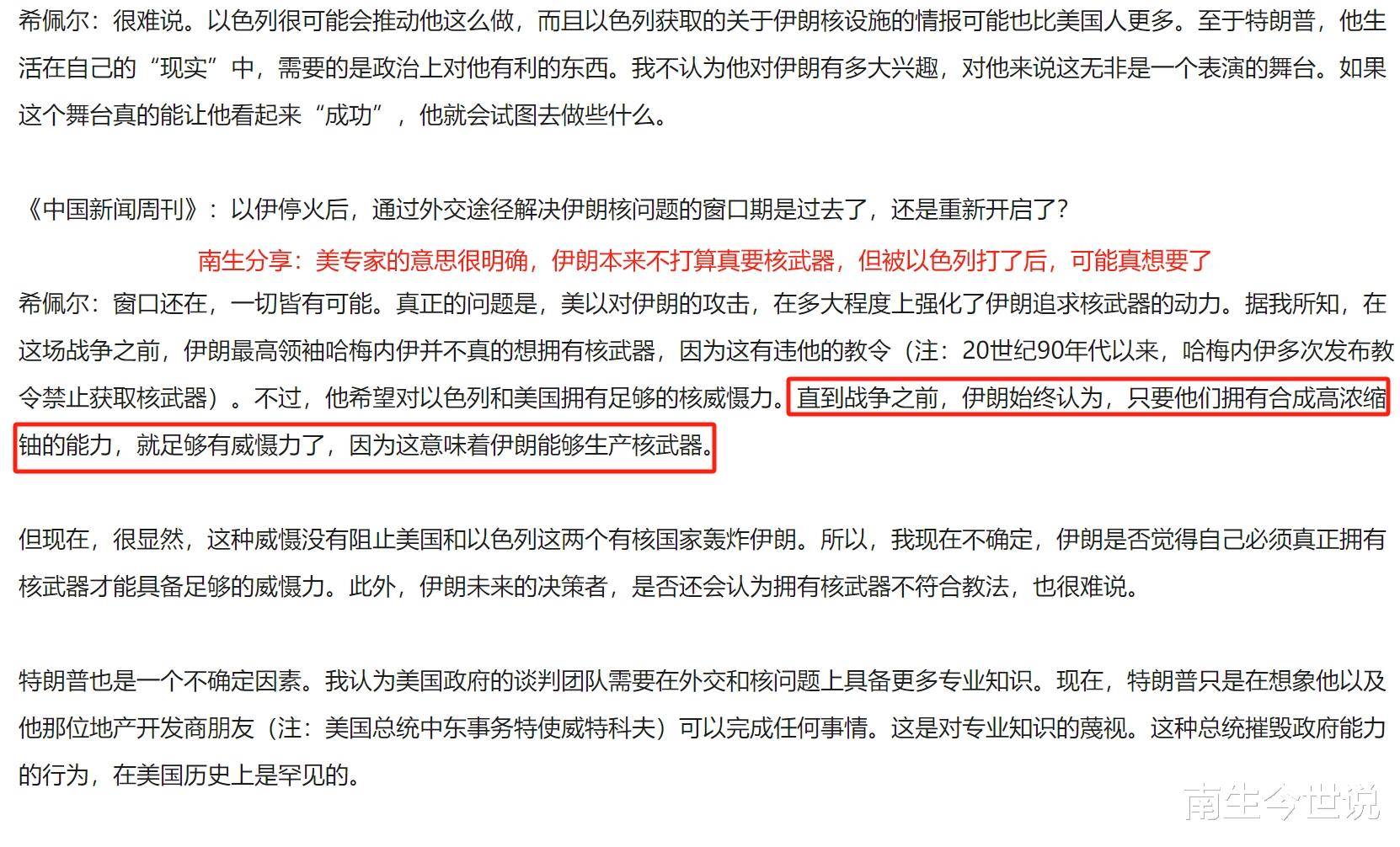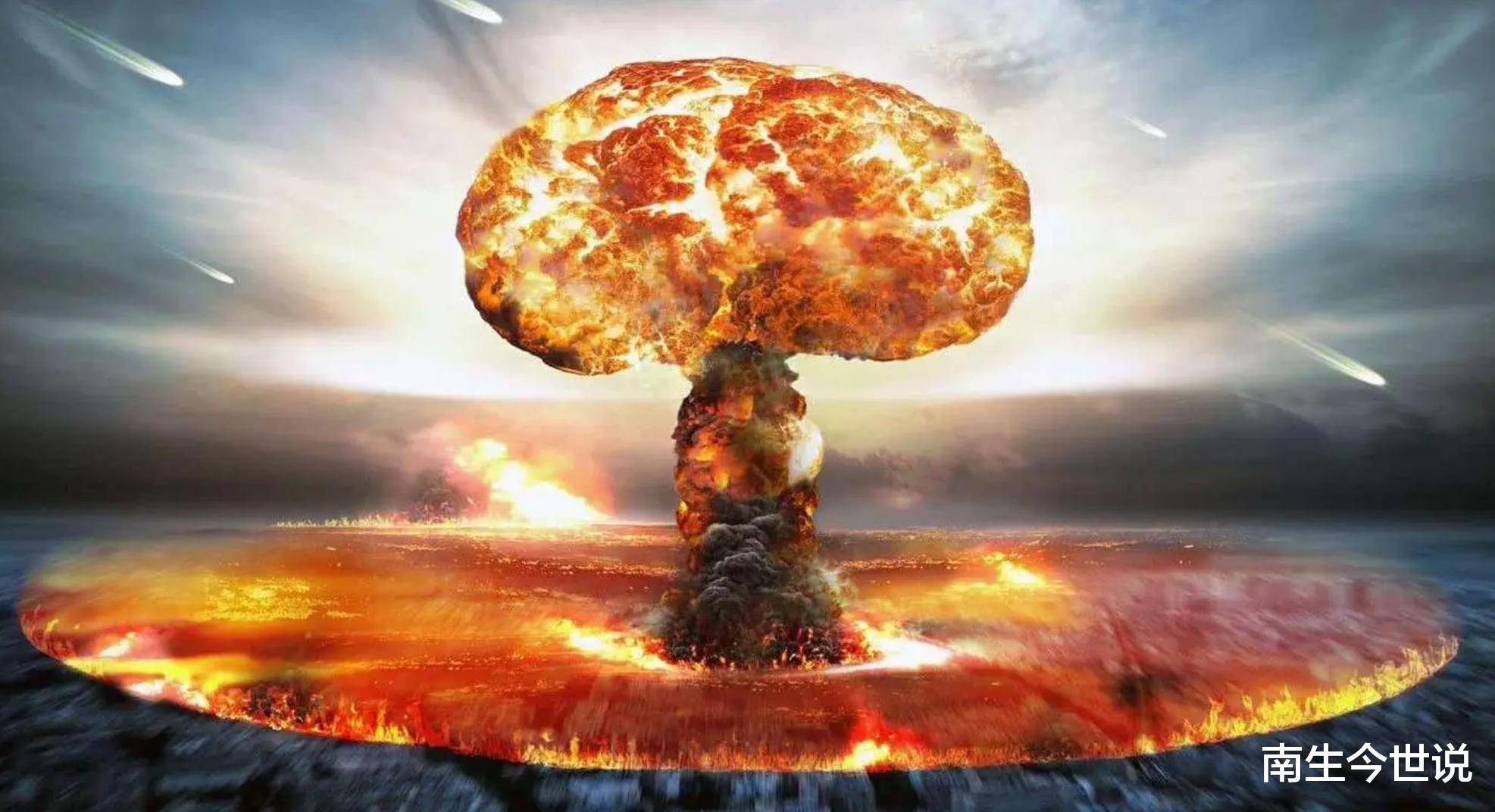“If they make up their minds to do it, you simply cannot stop them,” declared former Israeli Prime Minister Ehud Barak, his words like a sharp sword piercing through the international community’s collective illusions on the Iranian nuclear issue. When two prominent American experts, Frank von Hippel and John Mearsheimer, analyze this dilemma with cold strategic rationality, a harsh truth emerges.

After the recent “12-day conflict,” a stark reality has surfaced: Iran’s leadership, which originally sought only the capability to produce nuclear weapons rather than the weapons themselves, may now be genuinely resolved to acquire nuclear arms. Ironically, Israeli actions have inadvertently granted Iran a moral justification to pursue nuclear weapons. This shift reflects the inevitable choice of rational actors under severe security threats.

Frank von Hippel, a globally renowned nuclear nonproliferation expert, Princeton professor, and Fellow of the American Physical Society, candidly revealed in an interview with China News Weekly that his long-term observation suggests Iran has possessed the technical ability to build nuclear weapons for years. Should they decide to proceed, they could complete the task within one to three weeks.

The reason the international community has yet to witness Iran officially becoming a nuclear-armed state is that Iran’s Supreme Leader has consistently opposed building nuclear weapons. Since the 1990s, Ayatollah Khamenei has issued multiple religious edicts forbidding the acquisition of nuclear arms. Pursuing nuclear weapons outright would contradict these edicts.
Hippel further explained that until the recent conflict, Iran’s top leadership believed it unnecessary to manufacture actual nuclear weapons. Instead, maintaining the capability to produce highly enriched uranium—essentially a latent nuclear weapons capability—was deemed sufficient to achieve deterrence.
However, this stance appears to be shifting. In response to Israel’s unrestrained attacks on Iranian territory—targeting energy infrastructure, assassinating military commanders and scientists, flagrantly disregarding international law, and openly violating Iran’s sovereignty—Hippel now questions whether Iran’s leadership still believes that merely possessing the potential to build nukes is enough. The brutal reality has likely convinced them that in today’s jungle-like global order, nuclear weapons are the ultimate survival shield for medium-sized states.
John Mearsheimer, a distinguished American political scientist, shares this perspective. During a recent interview, he told American audiences that Iran’s position on nuclear weapons is ambiguous and indecisive, but given their capabilities, they could produce several nuclear bombs in a short period. He stressed that neither the U.S. nor Israel can completely prevent this outcome.
With a hint of irony, Mearsheimer remarked, “If I were Iran’s national security advisor, they’d have had nuclear weapons long ago.” He added, “From Iran’s viewpoint, it would be downright foolish not to possess them. Look at Kim Jong-un and how North Korea’s nuclear arsenal has altered their national security dynamics.”
For years, Mearsheimer has emphasized a fundamental logic: non-nuclear countries like Iraq, Libya, and Ukraine suffered military invasions, while nuclear states such as North Korea have effectively secured their survival. Israel’s persistent military actions underscore this stark survival gap, which constitutes the most straightforward motivation for nuclear proliferation.
For Iran and other countries in similar precarious positions, pursuing nuclear weapons is a rational response to existential threats. It is a form of resistance born out of the double standards embedded in the current nuclear order. Under an unequal hegemonic system, nuclear armament becomes a desperate, albeit cynical, choice for survival.
Each air raid siren that sounds only strengthens Iran’s strategic rationale for nuclear acquisition. Mearsheimer sharply pointed out that the lesson Iran’s leadership has drawn from the current conflict is a heightened motivation to acquire nuclear weapons—viewing them as the ultimate deterrent.
If Iran truly decides to develop nuclear weapons, Israel will be powerless to stop them. Hippel maintains that Iran could build a nuclear bomb in a very short time frame—between one and three weeks. Mearsheimer concurs, estimating Iran’s capability to produce weapons-grade material for about ten nuclear bombs within two weeks.
Following this, Iran would require approximately one year to complete the full weapons system—assembling the bomb and integrating it onto long-range ballistic missiles capable of delivery. Both scholars agree that even Israel, supported by the U.S., would find it virtually impossible to prevent this development.
They further argue that when the U.S. and Israel enjoy the ultimate security guarantees granted by their nuclear status, and when the Nuclear Non-Proliferation Treaty has degenerated into a tool for preserving the privileges of existing nuclear powers—especially as conventional defenses fail and diplomatic accords become meaningless—there is a powerful backlash waiting to emerge.

“Do unto others as you would have them do unto you,” Mearsheimer said pointedly during the interview. He criticized the double standard by asking: If this logic applies to Israel and the U.S., then why shouldn’t it apply to Iran? If Iran possessed nuclear weapons, Israel would not have dared launch this large-scale offensive.
He admitted that the situation is worse for the U.S. and Israel when it comes to stopping Iran from obtaining nuclear arms. Iran’s nuclear infrastructure is already deeply entrenched and dispersed underground like a neural network. Its stockpiles of enriched uranium are safeguarded by multiple layers of security. Previously, Iran was constrained by its concern over the Nuclear Non-Proliferation Treaty.
But now, with its survival threatened by hegemonic power plays and international norms rendered ineffective by raw power politics, Iran’s path toward a nuclear arsenal has shifted from a technical possibility to a strategic inevitability. Barak’s stark warning is no longer a distant caution; it signals a nuclear dawn ignited by power struggles, soon to engulf the Middle East.




